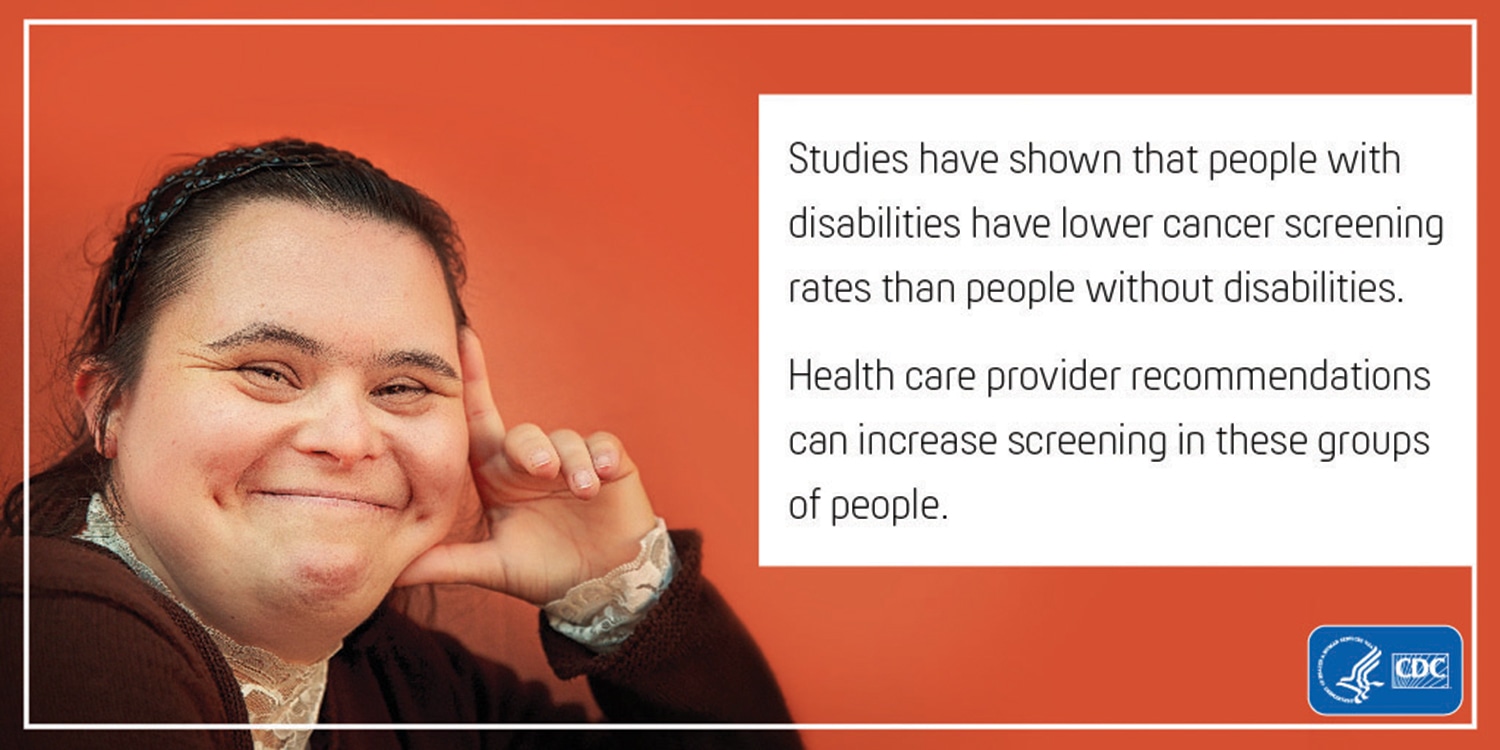About 53 million adults living in the U.S. have a disability that affects their independent living, mobility, memory, thinking, hearing, vision or self-care. A recent study found that these adults are less likely than adults without disabilities to receive recommended screening tests for breast, cervical or colorectal cancer. Difficulty making and getting to appointments are two key reasons, adults with disabilities say. The U.S. Centers for Disease Control and Prevention has an education campaign that highlights the role health care providers can play in ensuring that their patients with disabilities get appropriate cancer screening tests.
Cancer Today magazine is free to cancer patients, survivors and caregivers who live in the U.S. Subscribe here to receive four issues per year.





